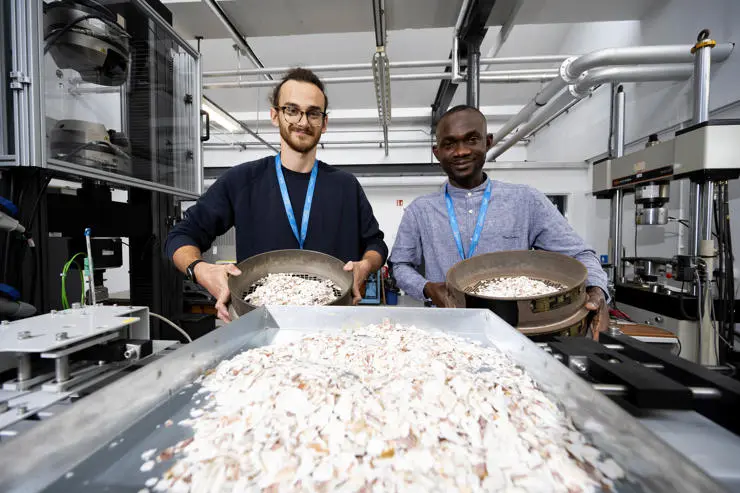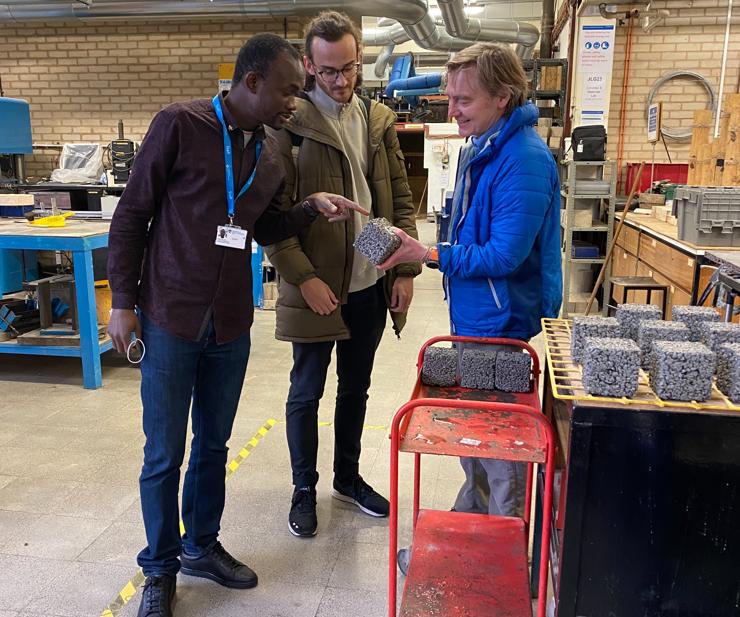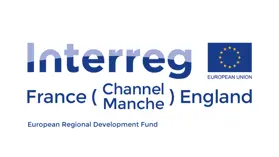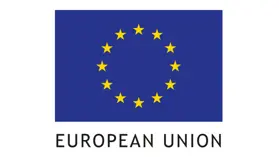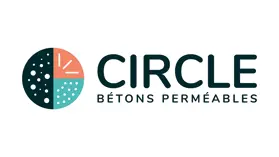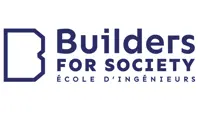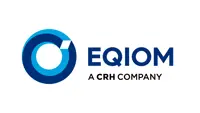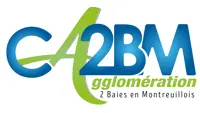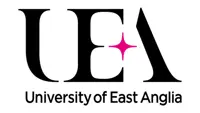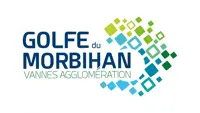Both climate change and the increasing urbanisation of European cities are impacting the management of rainwater and runoff, which are presenting major challenges for the planning of settlements. In natural settings, impermeable surfaces account for around 10%, whilst in cities it can reach up to 75%. This equates to an overall water infiltration of soils of roughly only 10% in urban environments.
This creates challenges for city planners such as: environmental risks of localised flooding, personal insecurity due to flood damage and considerable pollution of the natural environment. Europe is now facing more extreme weather with increased rainfall over shorter periods. One solution is the drainage from surface structures. Yet, the current use of permeable surfaces is rare, expensive to install and less resilient than impermeable ones. Many permeable surfaces generate economic activity that contribute to the depletion of natural resources (aggregates).
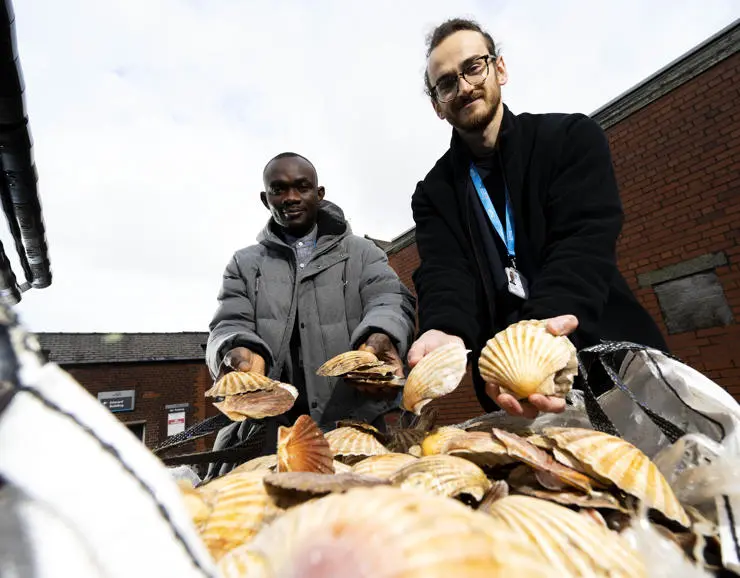
This project aims to develop a solution to limit the environmental and carbon impacts by using a recycled waste product. Following conclusive experiments at BUILDERS Ecole d’ingénieurs, we have identified new waste sources along the UK and French Channel coasts. The recovery of these shell co-products is then used to produce permeable paving. The CIRCLE partnership hopes to develop new solutions for permeable surfaces from novel concrete formulations with lower environmental impact, greater market potential and helping to decontaminate drained water. To encourage its adoption in the current market, it will be based on novel ready-mix formulations.
We are currently in contact with companies in the construction sector to realise our plans, with Tarmac approached in the UK and EQIOM involved in France.
This project is financially supported by the Interreg V/A France (Channel) England with €1.9M ERDF for a total budget of around €2.8M (69% co-financing). It brings together 6 complementary partners (including one from outside the FMA zone): è BUILDERS Ecole d’ingénieurs, EQIOM Bétons, the Communauté d'Agglomérations des 2 Baies en Montreuillois (CA2BM), the University of East Anglia, the University of Central Lancashire and the Golfe du Morbihan Vannes Agglomérations (GMVA).
